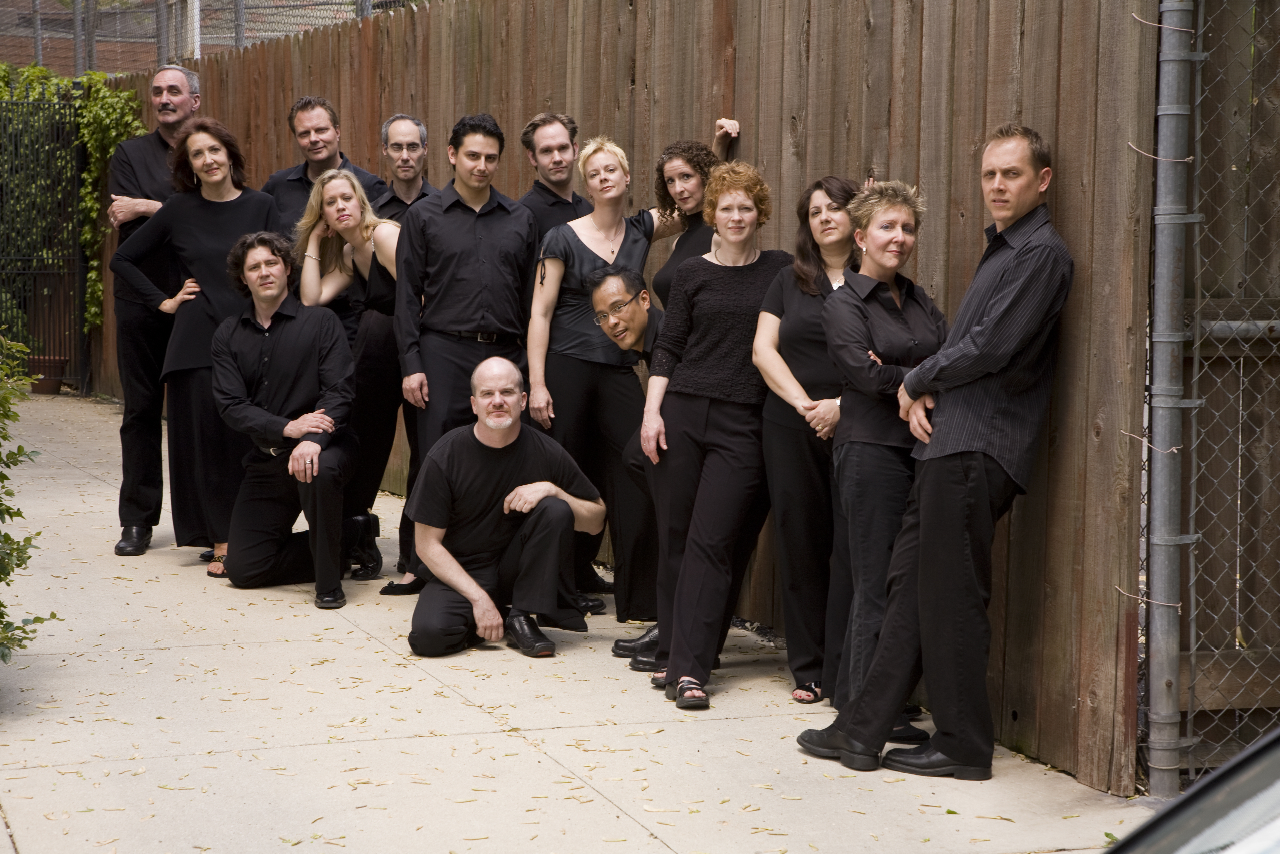Bella Voce gets nostalgic with contemporary choral works
During its 29 years, Bella Voce has had two names — it was founded as His Majestie’s Clerkes — three music directors, several significant Chicago premieres and even world premieres of works that the group had commissioned for itself. Ambitious plans like those appear to be in the past, but there is always the opportunity to revisit triumphs of yesteryear.
As such, it was great to see the group returning to former Chicago composer Frank Ferko’s The Hildegard Motets, written in 1993 for its tenth anniversary, even if only three of the work’s original eight movements were heard at Saturday evening’s season-opening concert at Rockefeller Chapel.
The most interesting of the three sections performed was O Verbum Patris which spotlighted countertenor Lon Ellenberger with the chorus fanning out from the soloist in the opening before the choral buildup to the climax of the piece and then a return to a solo-led ending. Balance was an issue as the countertenor should ideally almost be a detached, wayward voice from the chorus rather than a full-out soloist which in this case, also had little support from the tenors and basses.
It would have been preferable to perform the entire Ferko work and as a single entity rather than scattering three movements throughout the evening and minimizing its impact. Given that the concert weighed in at ninety minutes including an intermission and informal remarks by music director Andrew Lewis who also conducted the program, there was certainly enough time.
Also heard were a handful of works by popular American choral composer Eric Whitacre, who has been receiving a lot of attention over his YouTube “virtual choir” videos over the last couple of years. All three pieces that Whitacre has posted in this manner, Lux Aurumque, Sleep and Water Night were performed.
The most interesting Whitacre work is his Lux Aurumque, which attempts to have a chorus actually exhibit the qualities of light through sound. Although the Bella Voce sopranos were a tad heavy-handed, the chorus as a whole indeed was able to sing softly yet brightly enough to suggest luminosity.
Rounding out the program were works of British choral composer Gabriel Jackson, who of the three composers represented on this program, came off as the most masterful — not only in his knowledge and exploitation of sheer choral sonority, but his imaginative approch to bridging the gap between Renaissance and contemporary choral music.
Jackson’s Hymn to the Trinity (Honor, virus er potestas) which opened the program, spotlighted an ethereal approach to hyper-chromatic tonality which superbly manages to reflect both the stability and mystery of the Trinity that was given a stirring and nuanced performance by Bella Voce.
Likewise, Jackson’s Cecilia Virgo, which concluded the evening, offers the startling suggestion of a choral waterfall with its antiphonal effects and polyrhythms. The music presents an ethereal entropy that seems to be in danger of teetering over the edge, yet remains within a tightly controlled structure.
All of the repertoire heard on this program with the exception of O Verbum Patris is heard on Bella Voce’s new self-produced CD Awake the Dawn, the ensemble’s first release in seven years and its debut recording under Lewis.
The program will be repeated 4 p.m. Oct. 16 at Grace Lutheran Church7300 Division St., River Forest and at 7:30 p.m. Oct. 22 at St. Luke’s Episcopal Church, 939 Hinman Ave., Evanston; $15 – $38; 877-755-6277; bellavoce.org.
Posted in Performances





